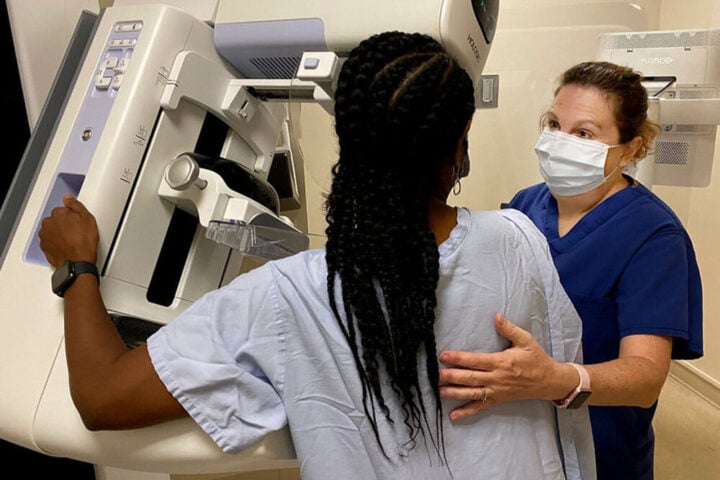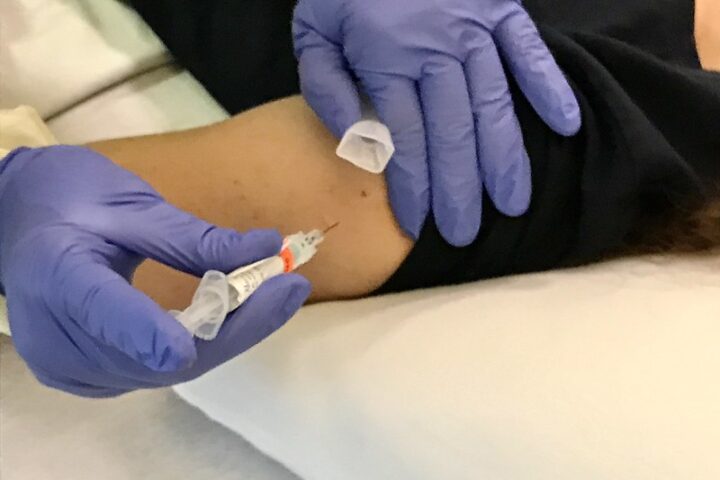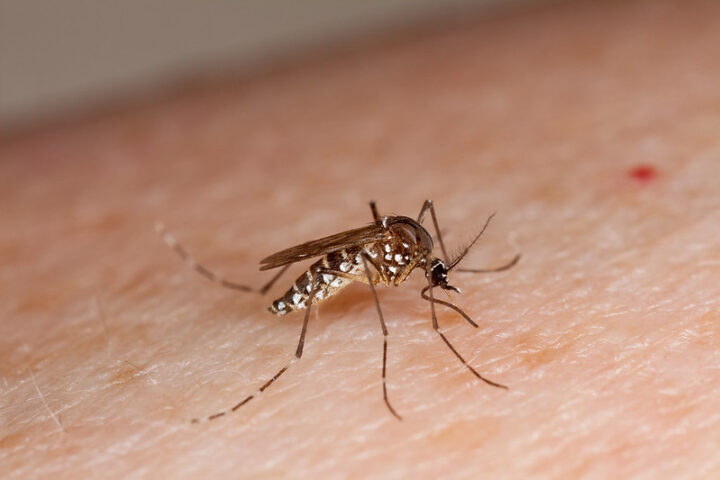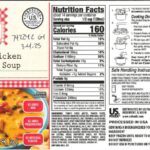In a stringent regulatory move, the Food Safety and Standards Authority of India (FSSAI) has reclassified packaged drinking water and mineral water under the high-risk food category. The order, effective from November 29, 2024, mandates annual third-party food safety audits for central license holders.
The reclassification follows the removal of mandatory Bureau of Indian Standards (BIS) certification requirements. Central license holders must now undergo yearly inspections to mitigate potential health risks in packaged water production.
“The reclassification is designed to strengthen consumer protection and maintain rigorous quality control in the packaged water industry,” states the FSSAI order dated November 29, 2024.
Food business operators dealing in packaged drinking water and mineral water face increased operational requirements. The new classification places these products alongside other high-risk categories including:
- Dairy products and analogues
- Meat and poultry products
- Fish and seafood, including molluscs, crustaceans, and echinoderms
- Eggs and egg products
- Specialised food products for specific nutritional uses
- Prepared foods
- Indian sweets
- Nutrients and their preparations (fortified rice kernels only)
The removal of dual certification requirements addresses the packaged drinking water industry’s previous advocacy for fewer regulatory hurdles. The FSSAI’s order states: “Consequent to the omission of sub-regulation which pertains to mandatory Bureau of Indian Standards (BIS) certification for certain food products, it has been decided that packaged drinking water and mineral water will be treated under high-risk food categories.”water
More Stories
The reclassification introduces enhanced safety protocols:
- Mandatory inspections before license issuance
- Annual audits by FSSAI-recognized agencies
- Regular monitoring by food commissioners in each state and union territory
- Risk-based inspection schedules by designated food safety officers
Industry leaders have expressed concerns about increased operational costs and have called for streamlined compliance processes while maintaining safety standards, as noted in the FSSAI documentation.
The dual certification process by both BIS and FSSAI had created administrative burdens and increased costs for the industry. The October 2024 decision to eliminate BIS certification requirements led to this reclassification under high-risk food categories.
Food commissioners in states and union territories monitor the progress of inspections conducted by designated officers and food safety officers, as specified in the FSSAI guidelines.


















